

The Conformist is Bernardo Bertolucci's melancholy, lovingly crafted portrait of Italy's fascist era, and the pressures forcing individuals to accede to oppressive political regimes. Marcello (Jean-Louis Trintignant) is a weak man whose only desire is to fit in, to be accepted; he is the conformist of the title. In Mussolini's Italy, he conforms by serving the state, agreeing to turn his honeymoon with the lovely but empty-headed Giulia (Stefania Sandrelli) into a cover for an assassination assignment. His mission is to go to Paris and track down his former professor, Quadri (Enzo Tarascio), who had fled from the Italian fascists. Instead, the continually dithering and uncertain Marcello gets tangled up in an affair with Quadri's wife Anna (Dominique Sanda) and finds his conformist resolve shaken by Quadri and Anna's idealism.
This is a visually stunning film, with each scene a study in color and light. Bertolucci's images have a certain pristine formalism that both abstracts the narrative and dramatizes its morality: characters shift between darkness and light, and slatted shadows fall across the characters as though they were being imprisoned by their choices. In one of the most striking scenes, Giulia's black and white striped dress visually rhymes with the light filtering in through the windows of her house as she dances around the room. The images, and the moral imperatives, are derived from the grammar of the film noir, and Marcello in his fedora hat and long coat is a misplaced noir antihero wandering through a vibrant color world. Like a noir hero, his weaknesses — sexual confusion, malleability, willingness to compromise — doom him from the start. The film is a clear-eyed examination of his failure, as well as the failures of all those like him whose collaboration allows fascism and brutality to flourish.
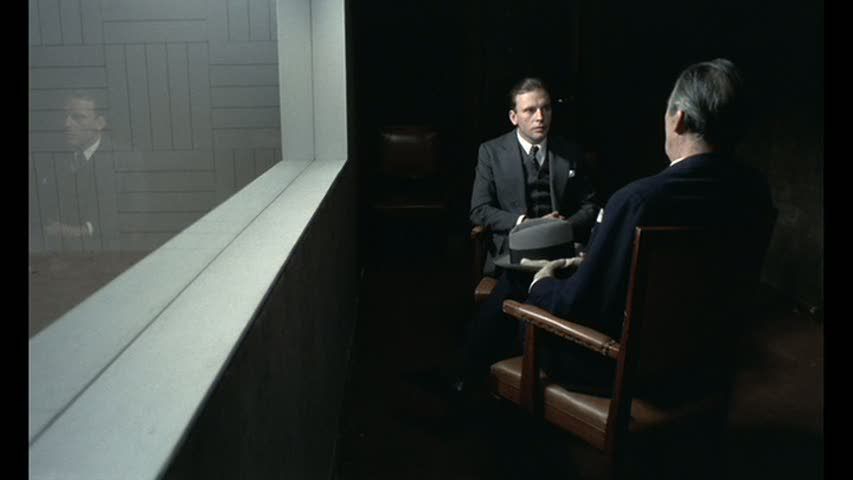

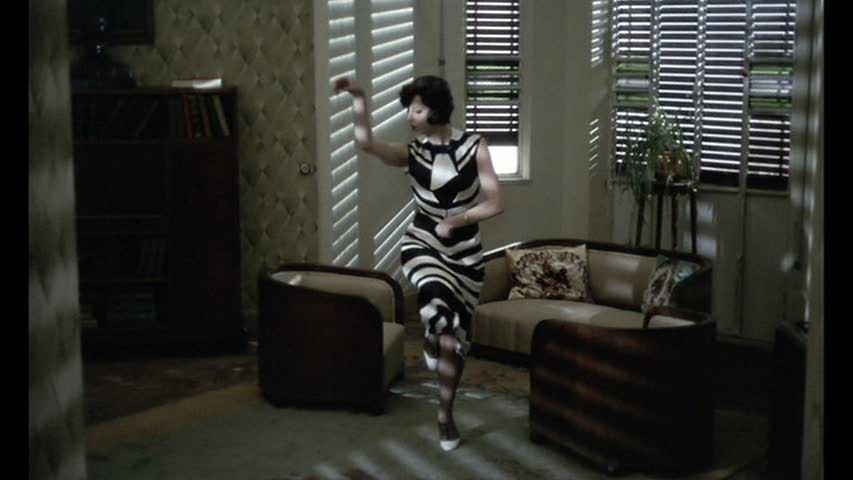

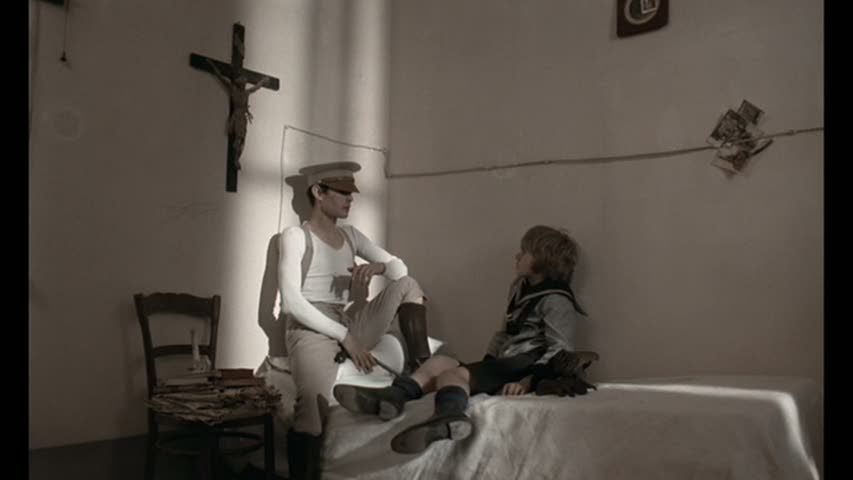
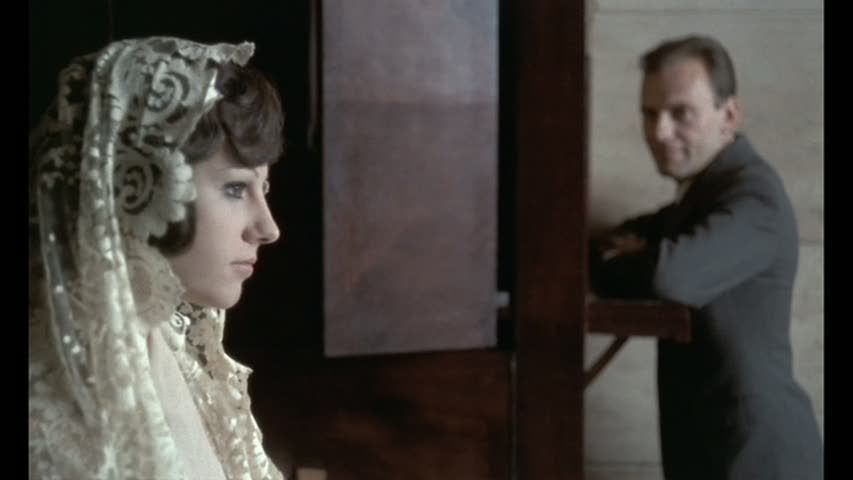

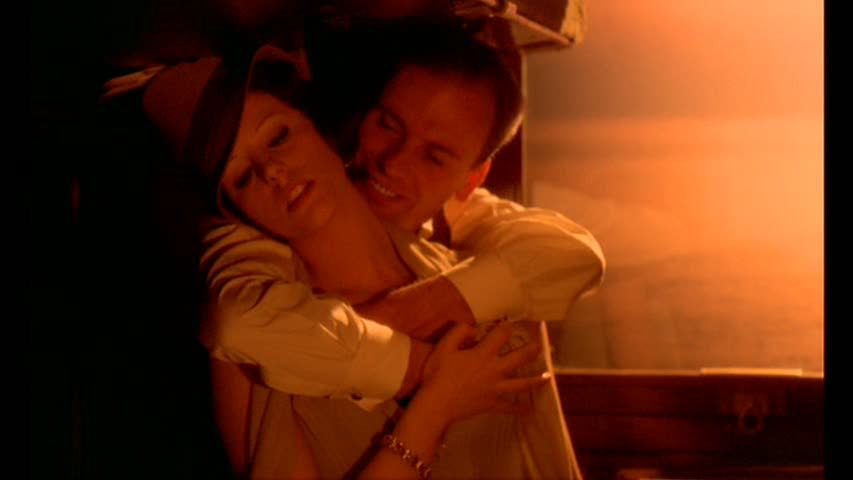
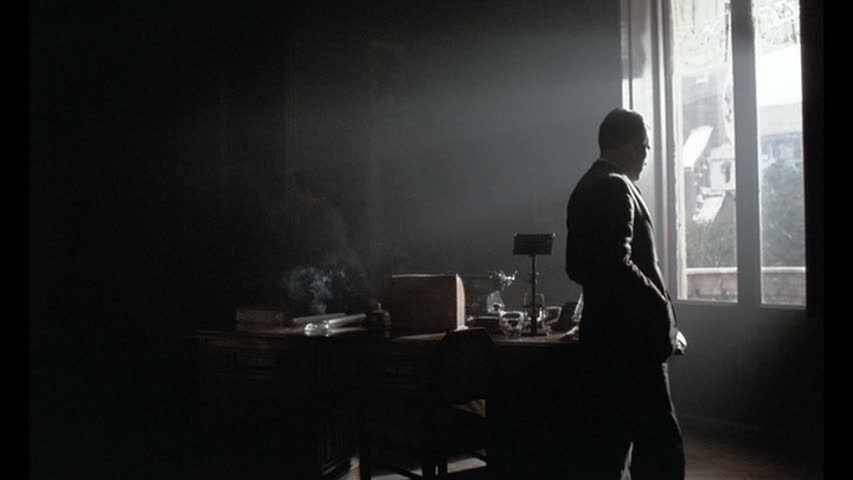
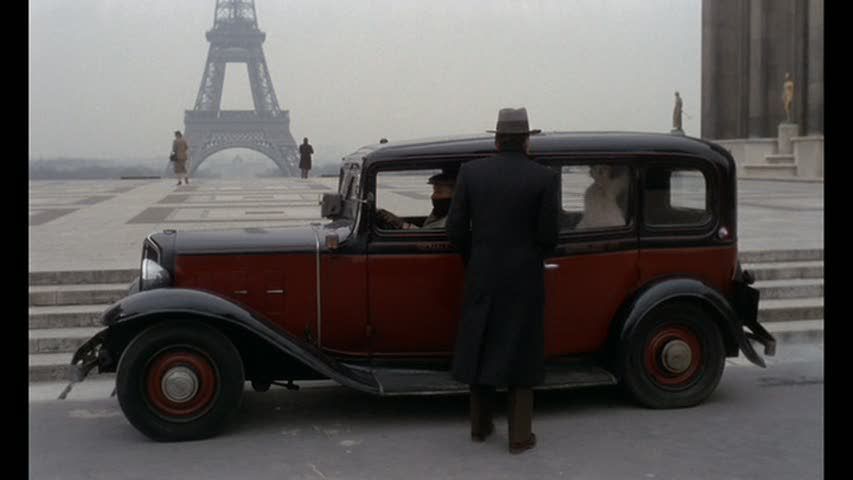
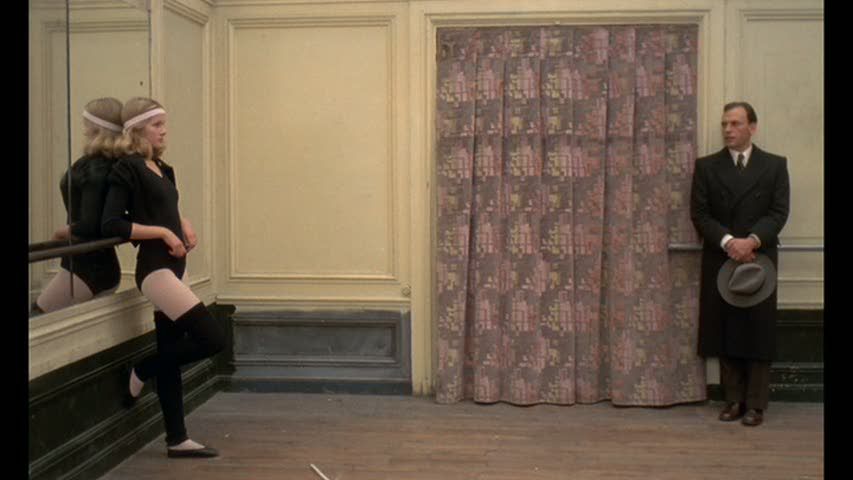
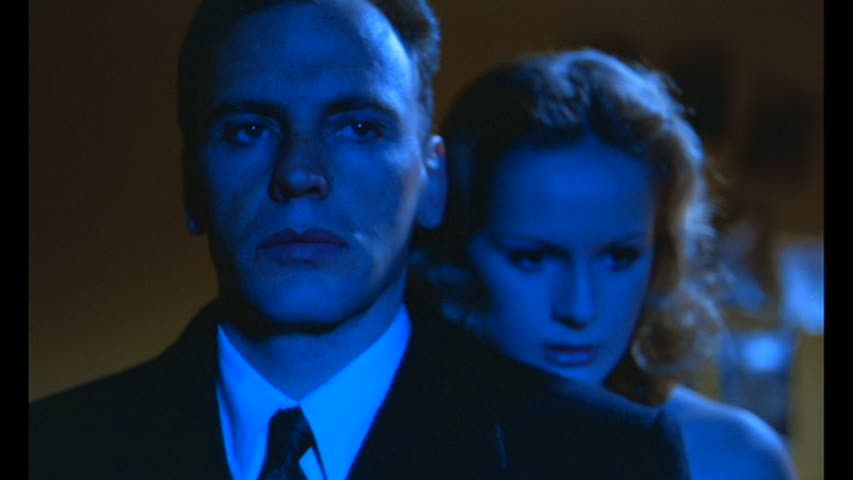
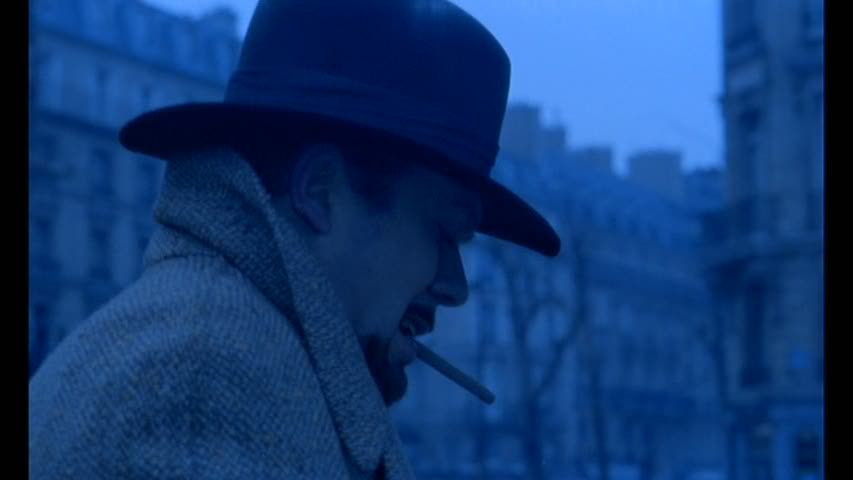
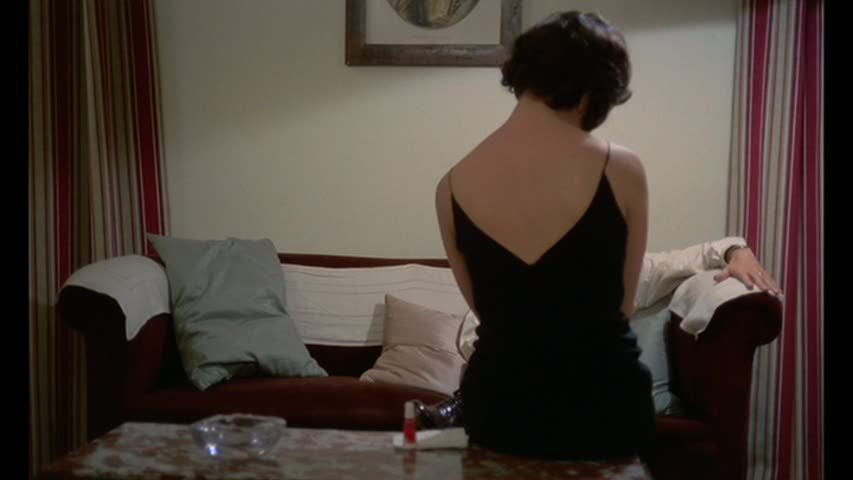


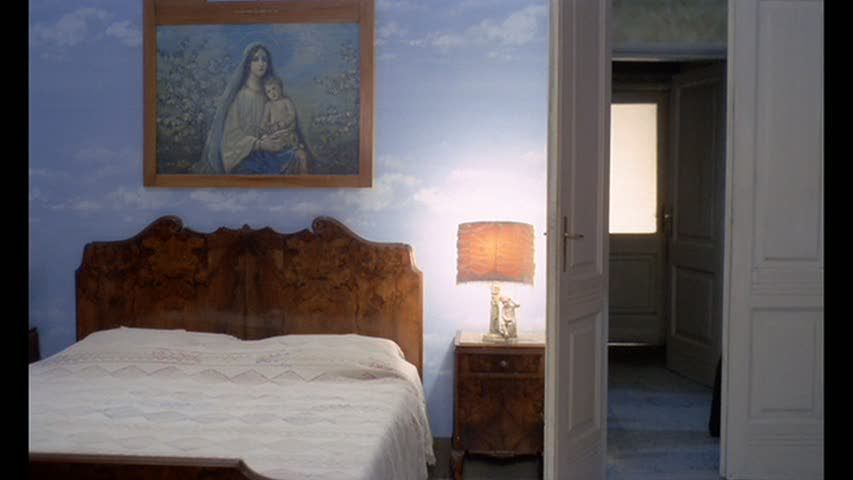
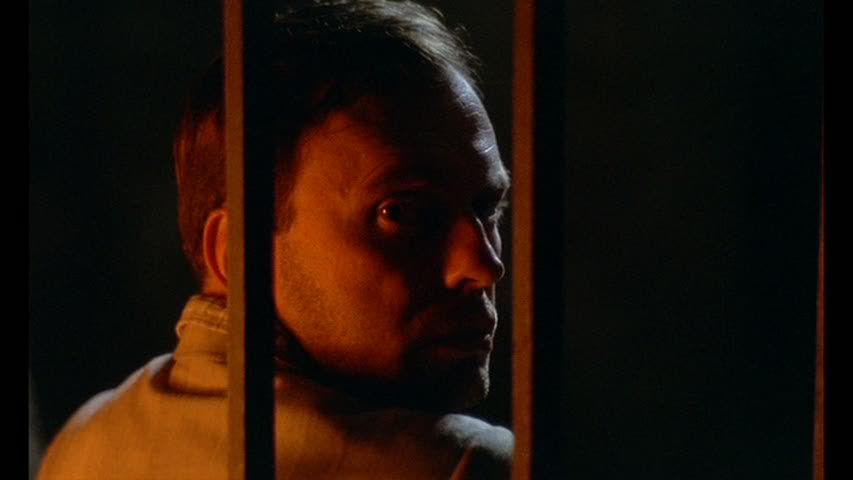









0Awesome Comments!